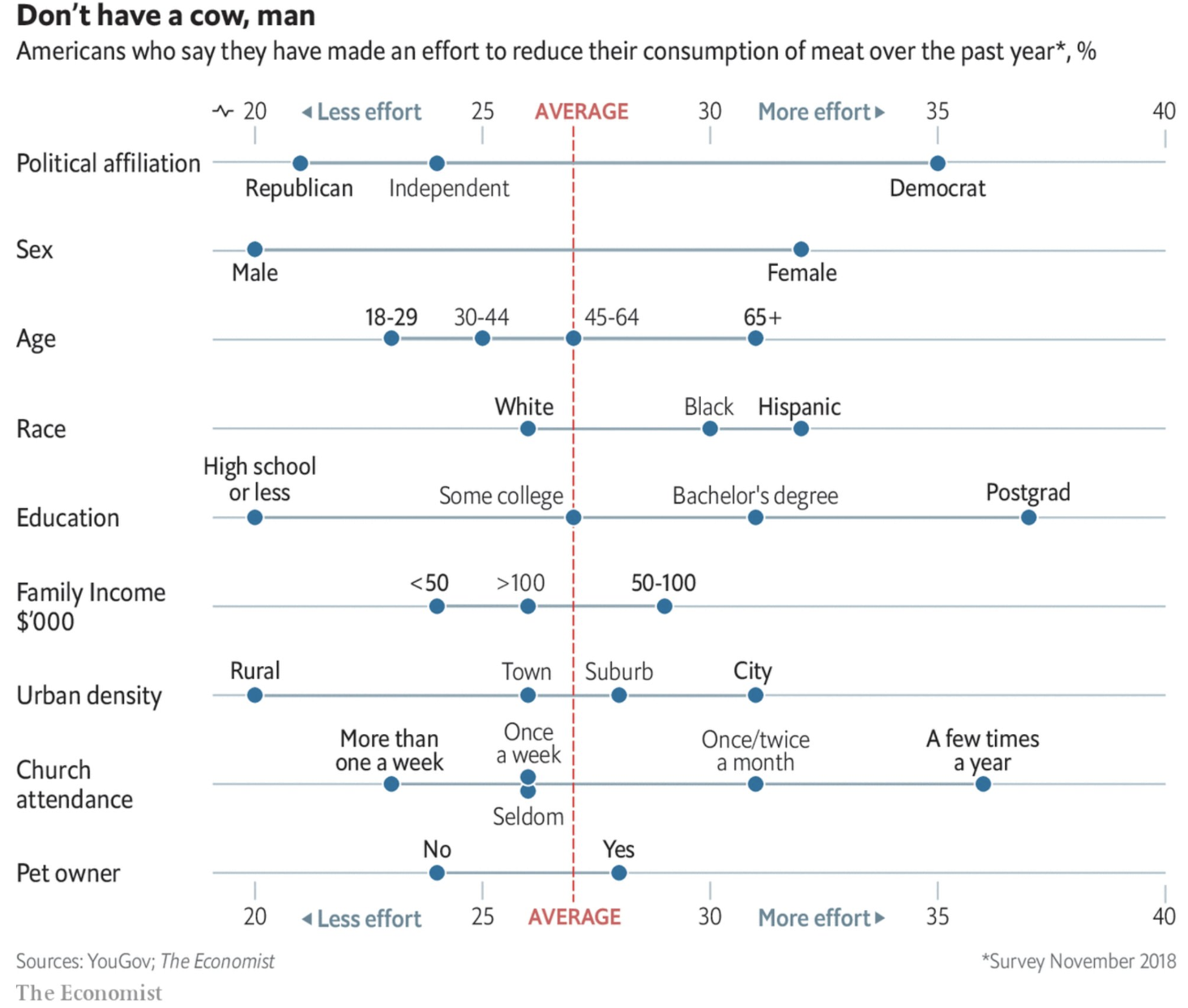Time for the diet debate to move mainstream.
First some disclosures:
I am a gastroenterologist specialising in the management of IBD
I am a clinician scientist trying to understand the cause of IBD and the environmental, genetic and microbial factors that cause disease flare
I am the chief investigator of the PREdiCCt study (www.predicct.co.uk)
I am an endurance athlete (ultra runner and mountain biker) always looking for the best fuel
I function best on a low-FODMAP diet (avoiding onions and apples in particular; my wife is very thankful for this)
I spent 2 years completely avoiding refined sugar (that felt really good; it is really HARD to start)
I spent 2.5 months as a strict vegan — a personal and sociology experiment (I really should write about this — I will … Soon)
I consult widely in the pharma biotech and digital health space to help progress knowledge and ultimate find cures for IBD
I like craft ales but beer makes me super sluggish
I really love coffee
Let’s begin:
It is beyond doubt that our dietary habits have changed beyond recognition in the last century. We are a world away from the habitual diet of chimpanzees, our closest living relatives. As a result, the diet we consume today is not the diet our bodies are best adapted for (watch this YouTuve video Erik RVA and I made on the subject a year ago:
Too much refined sugar, animal protein, and a multitude of food processing and additives. This to quickly deliver cheap energy to the billions of people on the planet, and more than just a quick buck or two to the world’s food conglomerates (I will write more on this subject soon). Modern manufacturing is designed to make food tasty, last, look attractive and bring us back wanting more (lots more). It has very little if anything to do with providing us with quality nutrition (we can do that with FRESH fruit and vegetables- shop round the outside of the supermarket).
Sugar and fat:
The sugar and fat debate has simmered for some time now. A sugar tax is a start but it a tiny drop in the obesity and diabetes ocean that is literally flooding our planet right now. Despite this very, very few people manage to successfully reduce refined sugar intake to a level we are evolved to process.
Red and processed meat:
The red (and processed) meat debate has partly been hijacked by the militant vegan corners of society. The vegan trend continues to grow apace and the vast majority of this is peaceful and very well intentioned. In large parts it makes sense but it has done so despite much in the way of a solid evidence basis — for health benefits that is. The benefits for the planet however are increasingly becoming clear (we will get to that shortly).
But did you know that the WHO has for several years now classed red and processed meats as carcinogens!!! (see here for a Q&A on this topic http://www.who.int/features/qa/cancer-red-meat/en/). It may have quite a lot to do with colon cancer.
This week The Lancet has published a very direct editorial on the impact that red meat consumption is having on our planet (here https://www.thelancet.com/journals/lancet/article/PIIS0140-6736(18)32971-4/fulltext and below in full). At the same time the Economist has reported fascinating statistics on the demographic from US society most likely to have reduced red meat consumption in the last year (https://www.economist.com/graphic-detail/2018/11/22/american-dietary-preferences-are-split-across-party-lines). I’ll leave you to draw your own conclusions from this table.
What about IBD?
Why am I interested in this? Primarily because I am trying to help work out what aspects of habitual diet are contributing to the explosion of Crohn’s disease and ulcerative colitis that we are witnessing across the planet. In Scotland prevalence of IBD is now approaching 0.8% (more on this v soon). Arounr the world the rapid emergence is staggering. Urbanisation and westernisation are driving the incidence of these devastating inflammatory bowel diseases through the roof. Environment, genes and the microbiome are all important. But the rapid shifts in the last 2–3 decades are likely mostly driven by diet — sugar, fat, animal protein, additives, emulsifiers — some or all or something else — yes, probably.
If we could work out what dietary aspects cause IBD could we prevent this rise? Hmm … the lessons from obesity and diabetes where we know the cause are salient. The prevalence is only going UP. And here we don’t even know. We need robust models and biomarkers to fix this problem.
But once those unlucky enough to develop IBD are aware, what then? They are likely much more motivated go make the necessary changes. And they do curently — but based on NO data apart from lots of inaccurate information on many many internet forums). So that’s where and why we are trying to collect high-quality longitudinal data in a very large cohort of patients with IBD. With the PREdiCCt study we will get closer than ever before at identifying those factors associated with disease flare and progression.
So what should I do?
My recommendations are to eat mostly plants, and good quality green leafy ones at that. Cut right back on processed food and refined sugar. And limit your animal protein intake … No more than one serving of red meat per week. And good coffee — there’s no excuse for bad coffee.
For more information on how to help with the study as a patient or an investor please get in touch!
www.predicct.co.uk (look out for new website coming soon)


